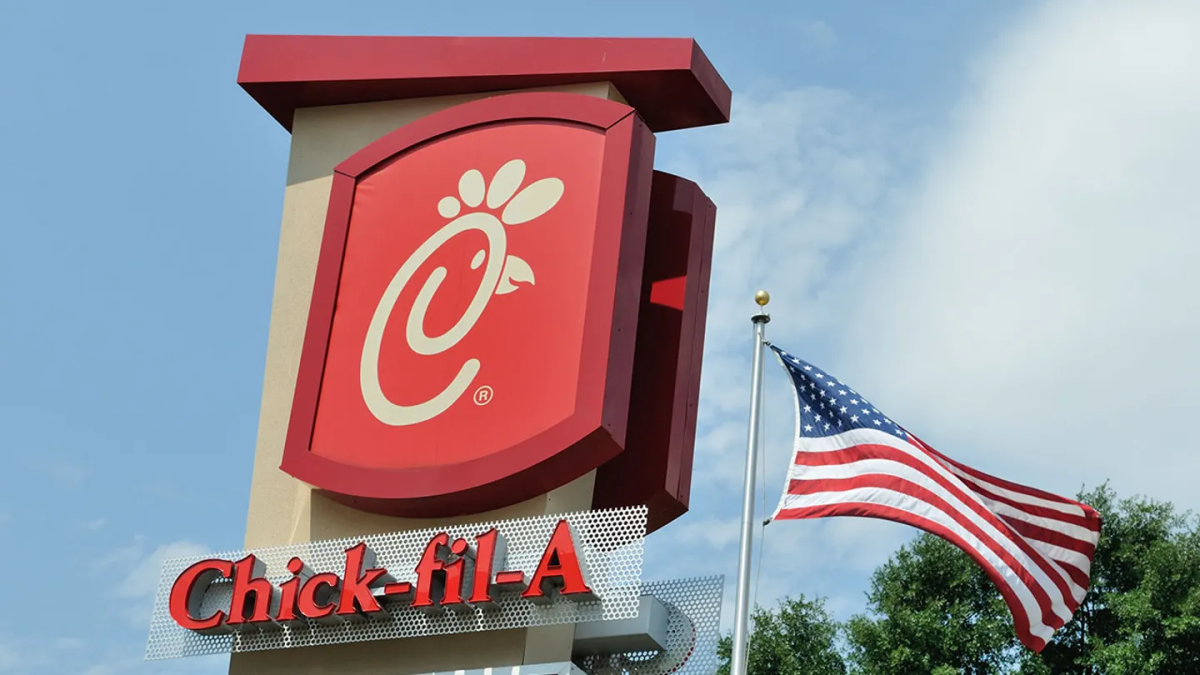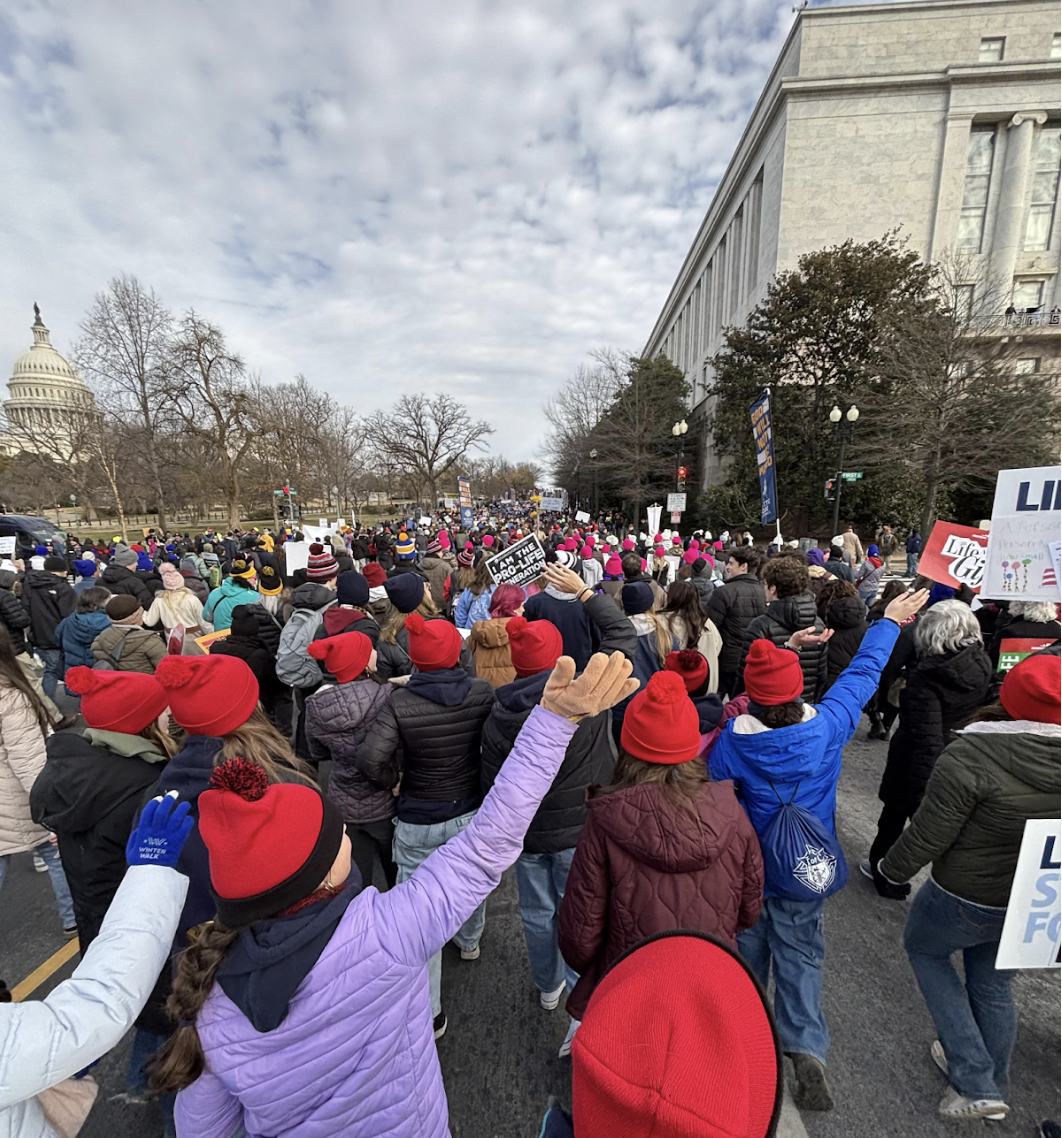Have you ever wished you could have Chick-Fil-A on a Sunday? Well in certain locations in New York, this wish may now be granted starting in 2024.
New York Democratic Assemblyman Tony Simone has recently introduced a new bill named the “Rest Stop Restaurant Act,” which, if passed, will require all food and drink companies contracted by New York State and are along the state’s rest stop routes or in Port Authority facilities to remain open seven days a week. If Simone’s bill is passed, nine Chick-Fil-A locations would be forced to remain open seven days a week, an act that would violate their decades long policy of giving every employee this weekend day exempt from work. However, the Assemblyman believes that this new legislation is necessary because it would guarantee essential food services to every person who travels along New York highways on Sundays. The bill’s summary reads: “While there is nothing objectionable about a fast food restaurant closing on a particular day of the week, service areas dedicated to travelers is an inappropriate location for such a restaurant.” aka, Chick-Fil-A. Simone argues that Sunday is one of the most traveled days of the week and that all food franchises need to be open to accommodate drivers that need food along their drive on New York interstates. Additionally, a spokesperson for Simone recently told Newsweek “It makes no sense for rest areas to rely on a company that by policy is closed on such a busy travel day.”
Chick-Fil-A franchise founder Truett Cathy was a conservative Christian who instituted the Sunday closed policy in 1946 because he wanted his employees to “set aside one day to rest, enjoy time with their families and loved ones or and worship if they choose.” His restaurant franchise has continued to keep this policy in place even after he has passed, and the company is now owned by his descendants.
If Chick-Fil-A were to sue the state of New York, there is a very good chance that the case would surpass state court and rise to be judged by the Supreme Court of the United States. Gregory Germain, a professor at Syracuse University’s College of Law, told Newsweek that Chick-Fil-A could argue that this bill violates their religious principles and thus, their first amendment right to religious freedom. The hypothetical Supreme Court decision on this case would be evaluated under the ruling of the Burwell v. Hobby Lobby Stores.
Burwell v. Hobby Lobby Stores occurred in 2014 when the Green Family, who own the Hobby Lobby store chain, refused to provide their employees with mandatory contraception that had been approved by the Food and Drug Administration. The Green family, rooted in traditional Christian values, believed that contraception was immoral and did not want to participate in its distribution within their franchise. However, under the law, they had to provide contraception to their employees under the ACA (Affordable Care Act) regulations. Hobby Lobby could not refuse to pay for legally mandated medication for their employees. The Green family proceeded to sue the then secretary of the Department of Health and Human Services, Kathleen Sebelious, and challenged the ACA’s contraception mandate. The Greens argued that the healthcare requirement was in violation of their First Amendment right to religious freedom as well as under the Religious Freedom Restoration Act of 1993 (RFRA).
By the end of the case, the Supreme Court ruled that private, for-profit companies were allowed to be exempt from regulations that the business owners object to for religious reasons. However, in Burwell v. Hobby Lobby, this ruling solely applied to the contraception mandate. Germain went on to tell Newsweek that “Burwell was a controversial 5-4 decision, so it’s hard to know whether it would be followed and how it would be applied under different facts. Assuming that the Court followed Burwell, it is unclear to me whether the Court would view the seven-day requirement the same way that they view funding for contraceptives-after all, many Christian-owned businesses are open on Sunday- and if so, whether the government would have a less restrictive way of meeting the public need for food on Sunday.”
The “Rest Stop Restaurant Act” will soon be discussed when the 2024 New York legislative session begins on January 3rd. It will be interesting to see how this possible case unfolds. Although the media has not begun covering this situation just yet, Fox News journalist, Christopher Hale, is already following this situation. In a new article, New York Lawmaker’s Bill Banning Chick-Fil-A Isn’t Progressive. It’s Pure Bigotry, Hale has pointed out an extremely intelligent argument as to why this bill should not be passed. He wrote that “On December 17, a New York Democratic lawmaker honored the Hanukkah and Christmas holidays by introducing a bill that would effectively ban Jewish, Muslim, and Christian-owned establishments in the state’s rest stop thurways.” In other words, the passing of this bill would not only affect Christian business owner’s worship on Sunday, but Jewish and Muslim worship on any day of the week as well. Hale wrote that, “[Simone’s] bill would also effectively shut down Jewish delis and halal restaurants across New York interstates.” He points out that New York is the most heavily populated United States region for Jews and Muslims. So why would Simone want to institute a policy that would restrict the rights of so many of his citizens? And furthermore, the people that elected him into his position in the first place?
It is ironic that Tony Simone is attempting to pass this bill because the owner of the Chick-Fil-A locations along New York rest stop highways, Applegreen, signed a 33-year contract with the company in 2021 that stated these Chick-Fil-A locations could continue running and operating as they had for years. This contract could not have been signed without the state of New York’s approval and their knowledge of Chick-Fil-A’s long-standing policies, so why would they have entered into this contract only to deem their locations “inappropriate” just two years later? As Forbes journalist Zachary Folk points out, if Simone’s bill was to be passed, these new rules most likely would not even apply to these nine Chick-Fil-A locations because of this contract. So, one has to ask, why is this bill important now?
I do not believe that this is a bill nor a possible court case that will judge the public’s need for food while driving along the highway on Sundays. In every rest stop in New York where there is currently a Chick-Fil-A location, there are also multiple other food chains located next to or nearby the location, such as McDonalds, Wendy’s, and Burger King. So is it really a big deal if one restaurant out of four or five in a location is closed? People could easily just go next door to another restaurant. Additionally, as Hale points out, these Chick-Fil-A locations are not taxpayer-funded entities. New York and its citizens never had to pay any money to build these locations because the company is a private business and partnership. So why should the state be allowed to dictate how this private enterprise runs their business? Instead, this case is a debate over constitutional rights and a problem that can only be justly solved by being brought to the highest court in the United States. In summary, this entire situation is a food-for-thought plight for every American citizen to ponder.
By Sarah Lange ‘25, Opinions and Politics Editor



















